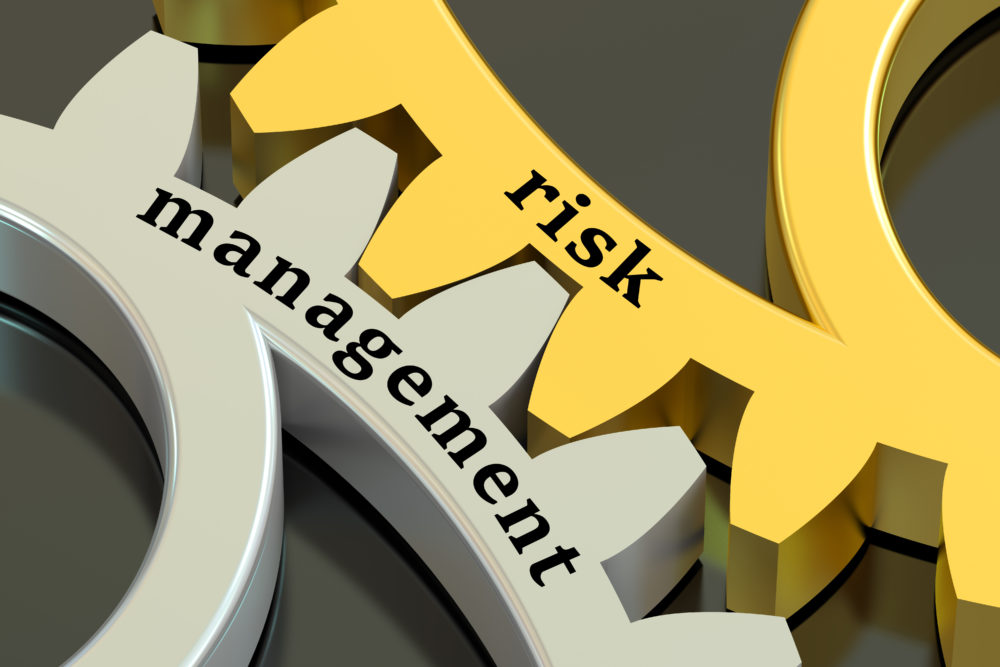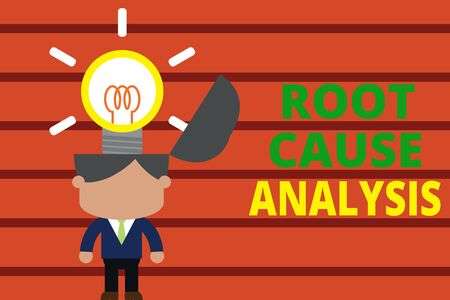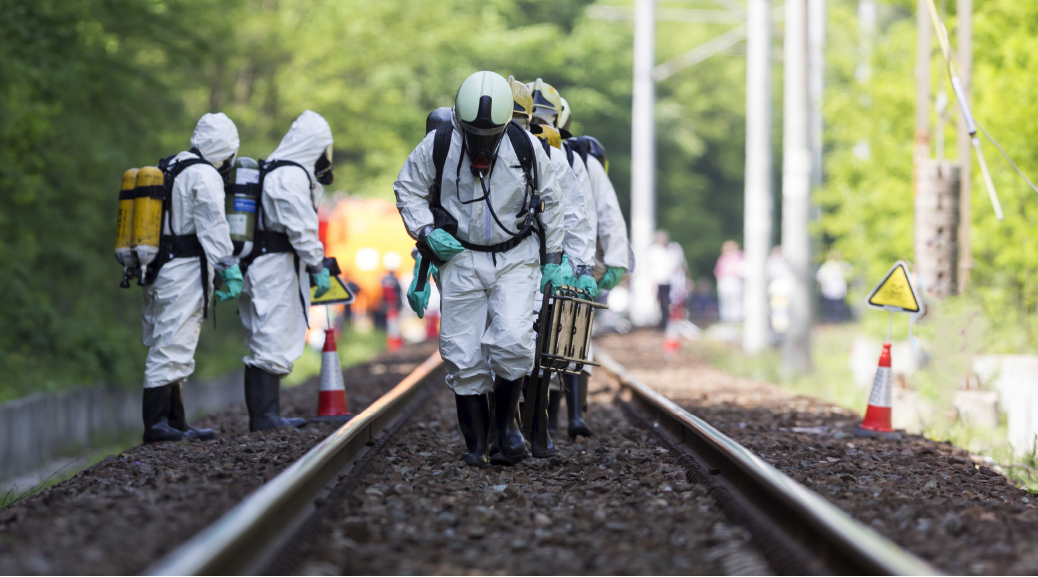

The delegates will be able to:
Primarily aimed at professionals in the Safety, Health & Environment field who have responsibility for the environmental risk assessment and management activity within their organization and who are interested or responsible to train and educate other colleagues. It will also benefit executives and managers who require an insight and an appreciation of the techniques and principles involved in risk assessment into health and environment risk management.
The training is conducted in a workshop fashion and is based with large capacity of practical sessions; and customized to the needs of the audience. Daily sessions include formal presentation, interspersed with directed discussion. In addition, there will be a facility field visit and thus, related problem-solving exercises, group workshops and discussions, analysis of real-life case studies, and focused training videos.
The interactive tutorials are partially based on exercises that give delegates a wide understanding of health and environmental risk management issues, and practical, cost-effective solutions, under controlled learning conditions.
BTS attendance certificate will be issued to all attendees completing minimum of 80% of the total course duration.
| Code | Date | Venue | Fees | Register |
|---|---|---|---|---|
| HSE225-01 | 05-04-2026 | Muscat | USD 5450 | |
| HSE225-02 | 28-06-2026 | Dubai | USD 5450 | |
| HSE225-03 | 13-09-2026 | Cairo | USD 5450 | |
| HSE225-04 | 15-11-2026 | Manama | USD 6950 |

Many organizations fail to learn from their mistakes and near misses, some organizations even fail to learn from their accidents. Often, one can see the same accidents happening over and over again. T ...

Industries involving the use of, storage of, or handling and transporting of hazardous or combustible materials possess potentially serious fire, life safety and environmental hazards if safe practice ...

An essential part of risk and incident analysis is to provide management with decision making criteria for determining and subsequently establishing an organisation’s range of acceptable, tolerable an ...

In spite of all our best efforts, accidents and incidents occasionally occur. These unplanned or undesired events can adversely affect a company’s work operations and may include work-related injuries ...
Providing services with a high quality that are satisfying the requirements
Appling the specifications and legalizations to ensure the quality of service.
Best utilization of resources for continually improving the business activities.
BTS keen to selects highly technical instructors based on professional field experience
Since BTS was established, it considered a training partner for world class oil & gas institution
1st floor, Incubator Buildingو Masdar City, Abu Dhabi, UAE
Sun to Fri 09:00 AM to 06:00 PM
Contact Us anytime!
Request Info